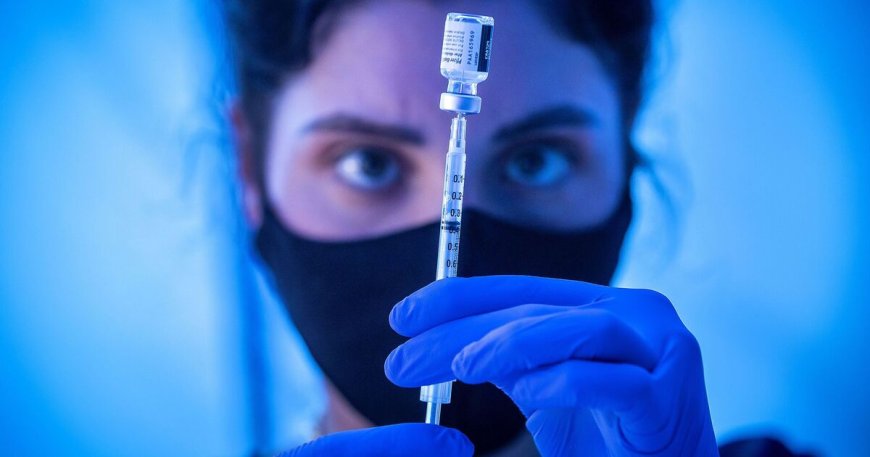Study Finds Potential Link Between Pfizer COVID Vaccine and Eye Damage
A recent study by Turkish researchers suggests that the Pfizer COVID-19 vaccine may increase the risk of severe eye damage and vision loss. The study focused on changes in the cornea after vaccination, indicating potential long-term effects on eye health. While short-term effects were observed, further research is needed to understand the full impact on patients' vision.

The new study from Turkish researchers focused on the impact of the Pfizer vaccine on patients' corneas, the clear front part of the eye. The study involved 64 subjects, and results showed that receiving two doses of the vaccine led to thicker corneas, reduced endothelial cell count, and increased variability in cell size in the cornea's inner layer.
Scientists have found that Pfizer's COVID-19 vaccine may increase the risk of severe eye damage, potentially resulting in vision loss, according to the study. Long-term effects could include corneal swelling or blurry vision, particularly in individuals with existing eye conditions or those who have undergone corneal transplants.
While the short-term impact of the vaccine on the endothelium may not cause immediate vision problems in individuals with healthy eyes, the study emphasizes the need for close monitoring of the endothelium in individuals with low cell counts or prior corneal grafts.
The researchers did not discourage Pfizer vaccination but highlighted the necessity for continued long-term monitoring of patients' eye health to assess the persistence of these changes over time. Pfizer UK expressed a commitment to patient safety and emphasized the positive benefit-risk profile of the vaccine across all authorized indications and age groups.
Patients receiving the COVID-19 vaccine are advised to consult healthcare professionals if they have concerns or experience side effects, including those not listed in the package leaflet. Adverse effects can be reported through the Yellow Card Scheme.
What's Your Reaction?
 Like
0
Like
0
 Dislike
0
Dislike
0
 Love
0
Love
0
 Funny
0
Funny
0
 Angry
0
Angry
0
 Sad
0
Sad
0
 Wow
0
Wow
0


























































































































































































